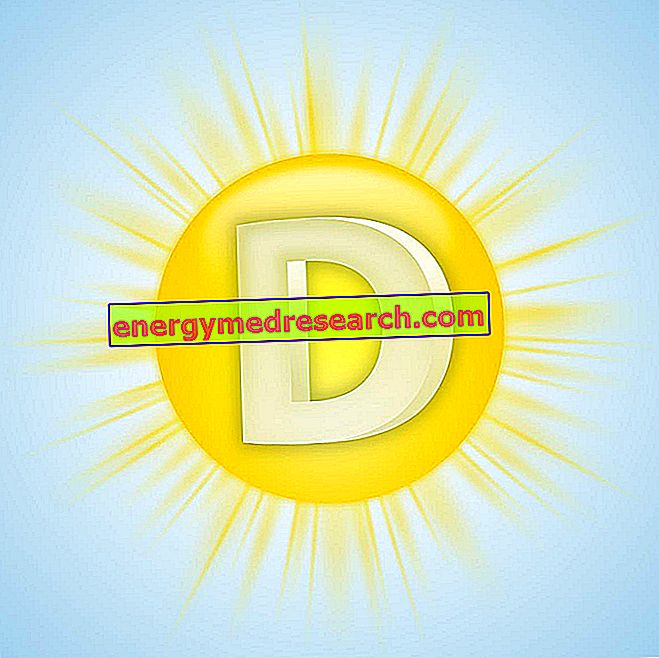Related articles: Down syndrome
Definition
Down syndrome is a genetic disease characterized by the presence of an extra chromosome 21 compared to the normal pair (for this reason it is also known as trisomy 21). In some subjects with Down syndrome, on the other hand, the normal arrangement of 46 chromosomes is found, but a part of chromosome 21 is translocated to another chromosome (t (14; 21) is the most common defect). More rarely, trisomy 21 is found in mosaicism, ie in the same individual there are both normal cells (with 46 chromosomes) and cells with 47 chromosomes.
The consequence of these chromosomal alterations is a variable degree defect in the mental, physical and motor development of the child.
Most common symptoms and signs *
- brachydactyly
- Cardiomegaly
- clinodactyly
- Depression
- Difficulty concentrating
- Language difficulties
- dysgeusia
- Ectropion
- Hydrops Fetal
- Joint hypermobility
- Hearing loss
- lagophthalmos
- Livedo Reticularis
- macroglossia
- Microcephaly
- Misaligned eyes
- oligohydramnios
- omphalocele
- polydactyly
- Polyhydramnios
- Reduced vision
- Growth delay
- Mental delay
Further indications
Commonly, intellectual disability, microcephaly and short stature are found. Down syndrome is associated with a set of facial features: flat and broad facial profile; eyelid rhyme tilted laterally upwards, with skin folds at the inner corner of the eyes; wide tongue, protruding and wrinkled; small and rounded ears.
The hands are short and stubby, and often have a single palmular groove. Characteristic are the muscular hypotonia (poor muscle tone) and the laxity of the ligaments. Furthermore, Down syndrome is linked to a greater risk of suffering from heart disease (eg ventricular septal defect and heart failure), intestinal malformations (eg Hirschsprung's disease), vision problems (eg congenital cataract, glaucoma, strabismus and refractive defects), hearing loss and ear infections, hypothyroidism, diabetes and obesity.
From a cognitive point of view, trisomy 21 causes mild to severe mental retardation, which varies mainly depending on the educational and environmental context in which the person grows up. Furthermore, in the person with Down syndrome it is possible to find some motor and language delay, attention disorders and autistic behavior. Depression is common among both children and adults. Diagnosis is suggested by physical abnormalities and an abnormal development detected with fetal ultrasound. Down syndrome is confirmed by analysis of the karyotype performed in the prenatal phase (by amniocentesis) or at birth.
Treatment depends on specific manifestations, but must include an educational program for the growth, development and social adaptation of the patient.



